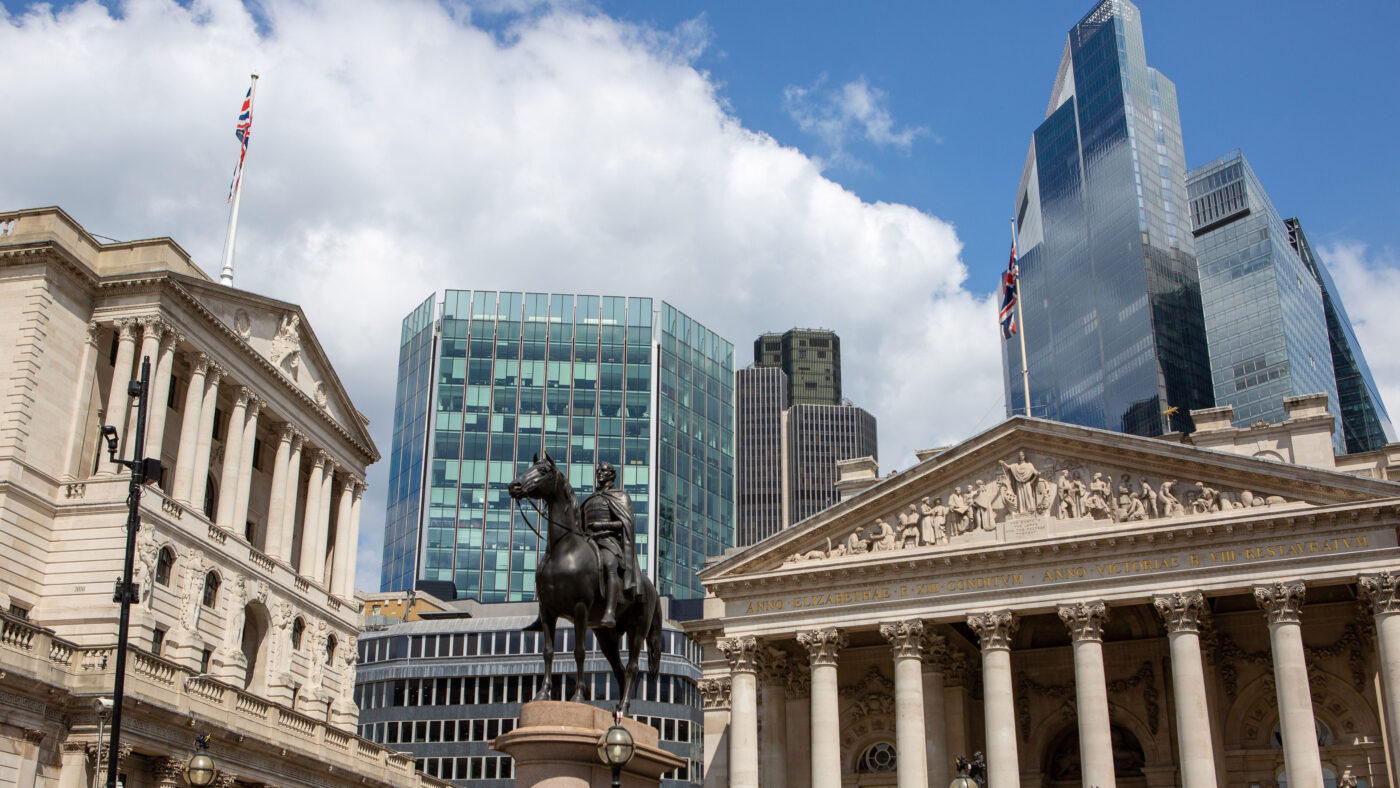The City of London’s crown as the centre of global finance sits uneasily. The failure of the WE Soda float confirms London has slipped down the global IPO league tables. and remains top-heavy with predictable, low-risk, beta-generating businesses.
Multiple mistakes have diminished London’s lustre: Brexit, the size and structure of the economy, UK politics, the make-up of the market, and the reduced role of sterling. But I suspect the biggest issues revolve around mindset, regulation, culture, and management.
The blunt truth is that there is simply not the same excitement around finance that drove the City in the boom days from 1980-2007. The City has become stale and middle-aged. It is over-regulated and needs rejuvenation. I fear the City’s mindset has become institutionalised, overly bureaucratic, and badly managed.
Few financiers working in the larger, established firms are willing to take career-limiting risks. When I meet the boards of the biggest real money asset managers, I’m struck by how many are accountants, professional managers or, worse, management consultants.
What has made the City so successful for generations has been talent given room to thrive, succeed and fail. There are still brilliant, clever, intelligent financiers across City institutions, but today these smart folk are tied into a corporate culture where avoiding losses is valued more highly than generating returns.
You can’t legislate or regulate financiers to be more exciting and open to new things. London’s reputation as a dashing financial blade has lost some of its sheen.
What made London’s financial district a success? For decades the trick was to be the centre of global finance across every single asset class – from equities, bonds, swaps, metals and whatever else. Everyone came to London to transact. We were global.
The funny thing is native Londoners have never actually been great financiers, but they provided the infrastructure that enabled the melting pot of London to become ‘Exchange City’. The financial DNA of German, Jewish, Farsi, French, Dutch, Italian, White Russian and Scots bankers runs rich through the City. A critical local element was the Barrow Boys of East London bringing a particular gift, patter and style honed by generations trading in London’s great produce markets – Smithfields, Billingsgate, Spitalfields and Covent Garden – to the world of finance.
What’s changed? The gene pool feels shallow. It’s not just that no one wants older, whiter blokes, Essex brokers, or public schoolboys. They want diversity and ESG awareness. All laudable, but not at the cost of killing the business. We need smart people with a hunger to succeed.
The global market has become bigger. London got small. The UK economy is too small to support the scale of the City. It must remain internationally focused, or it really will wither and die.
Today the debate is about why so few UK unicorns list on the UK market. There is no shortage of entrepreneurs, invention and innovation out there, but the market simply doesn’t support them. Why do they list elsewhere? The conventional answers are multiple: about a lack of funds focused on investing, executive pay, valuations higher elsewhere.
The reality is there is no simple path for future unicorns to go to market. The inbuilt anti-risk culture that’s taken hold since the Great Financial Crash means it’s become easy to say no.
The largest UK real money accounts are bound by solvency rules to match assets and liabilities, and discovered they could game the rules by leveraging gilts, resulting in the Liability Driven Investment crisis a few months ago.
That’s another weakness of the system. The City is closely linked to the UK’s political stability. When Liz Truss’ incompetence broke the gilt market and sterling collapsed, that’s the closest moment to the end of finance and the City we’ve ever come.
Let’s not be too dour though: London remains a critical power and centre of financial flows. From London we can meet and trade with a greater rage of nations, domiciles, currencies, economies, commodities, asset classes, funds, investors, borrowers – in short, clients – than anywhere else on the planet. The very smallness of the UK and our economy has forced the City to always be global and outward looking. But to survive we need to be smarter, get more enthused and make London exciting again.
Click here to subscribe to our daily briefing – the best pieces from CapX and across the web.
CapX depends on the generosity of its readers. If you value what we do, please consider making a donation.


